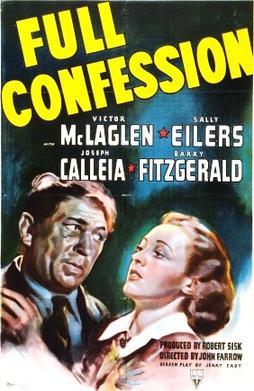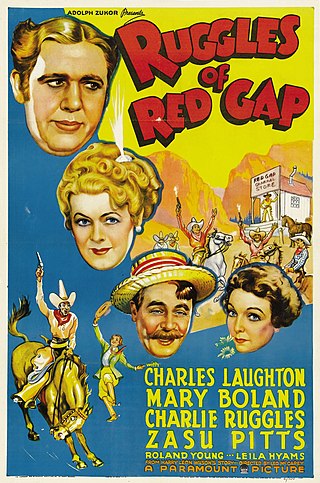Frank O'Connor was an Irish author and translator. He wrote poetry, dramatic works, memoirs, journalistic columns and features on aspects of Irish culture and history, criticism, long and short fiction, biography, and travel books. He is most widely known for his more than 150 short stories and for his memoirs. The Frank O'Connor International Short Story Award was named in his honour.
Raised in Cork, he was the only child of Minnie (née O'Connor) and Michael O'Donovan. He attended Saint Patrick's School on Gardiner's Hill. One teacher, Daniel Corkery, introduced O'Connor's class to the Irish language and poetry and deeply influenced the young pupil. He later attended North Monastery Christian Brothers School.
O'Connor's early life was marked by his father's alcoholism, debt, and ill-treatment of his mother. His childhood was strongly shaped by his mother, who supplied much of the family's income by cleaning houses, and his father was unable to keep steady employment due to alcoholism. O'Connor adored his mother and was bitterly resentful of his father. In his memoirs, he recalled his childhood as "those terrible years", and admitted that he had never been able to forgive his father for his abuse of himself and his mother. When his mother was seventy, O'Connor was horrified to learn from his own doctor that she had suffered for years from chronic appendicitis, which she had endured with great stoicism, as she had never had the time nor the money to see a doctor. Following his release from Gormanston, O'Connor took various positions including that of teacher of Irish and theatre director. Thanks to his continuing connection with Corkery, he was introduced to Lennox Robinson, then the secretary for the Carnegie Trust. Robinson was organizing rural libraries and engaged O'Connor as a trainee. O'Connor worked first in Sligo and later under Geoffrey Phibbs in Wicklow.
Through Phibbs, he met and was befriended by George William Russell (Æ), who requested O'Connor to send him material for publication. Russell introduced O'Connor to most of the well-known Irish writers of the day, including W. B. Yeats, F. R. Higgins and Augusta Gregory. In his memoirs, he paid tribute to both Yeats and Russell for the help and encouragement they gave him.
In December 1928, he moved to Dublin to take up the position of librarian at the Pembroke District Library.
In 1935, O'Connor became a member of the board of directors of the Abbey Theatre in Dublin, founded by Yeats and other members of the Irish National Theatre Society. In 1937, he became managing director of the Abbey. Following Yeats's death in 1939, O'Connor's long-standing conflict with other board members came to a head and he left the Abbey later that year.
In 1950, he accepted invitations to teach in the United States, where many of his short stories had been published in The New Yorker and won great acclaim. He spent much of the 1950s in the United States, although it was always his intention to return eventually to Ireland.
| Date of Birth | 17th September 1903 |
|---|---|
| Date of Death | 10th March 1966 |
| Age at Death | 62 Years |
| Zodiac Sign | Virgo |
| Country | Ireland |
| Current City | Cork |
| Birth Place | Cork |
| Death Place | Dublin |
| Nationality | Ireland |
| Citizenship | Ireland |
| Occupation | librarian, translator, screenwriter, writer |
|---|












